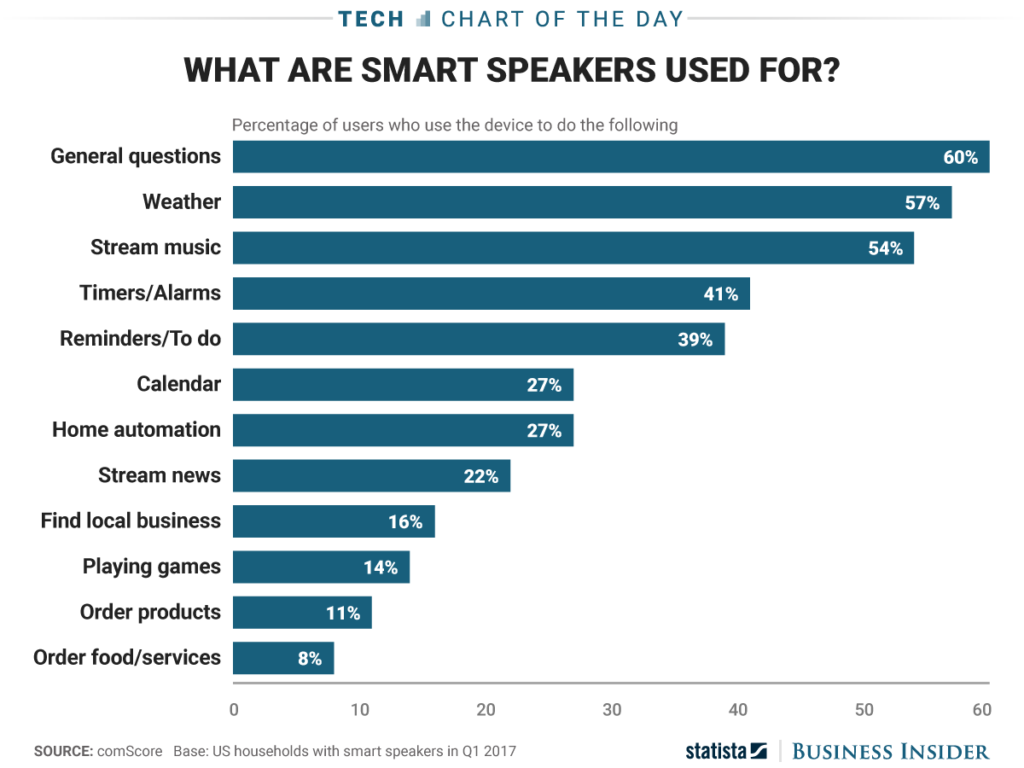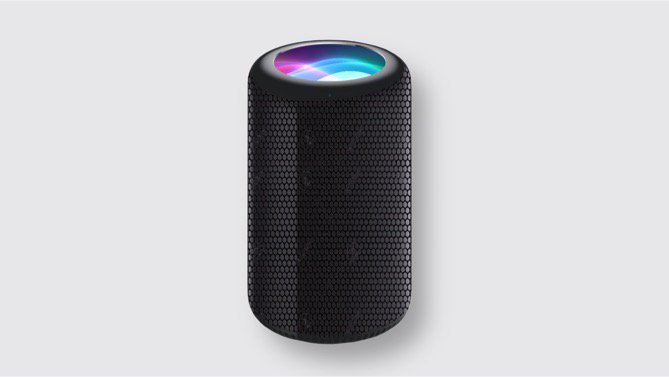Insider information via Bloomberg shows that Apple could be announcing its own smart speaker powered by Siri next week at its developer conference, WWDC 2017. Should Amazon Echo or Google Home feel threatened by a new presence in the smart home assistant segment? Let’s take a look at the facts and see if they should.
First of all, Amazon Echo has a massive head start over every other similar product on the market, including Google Home. On November 6, 2014, the product was launched to Prime members and special invitees. It’s going to be three years since it first hit the market, and has gained tremendous traction already. A recent report showed that Amazon is expected to nab no less than 70 percent market share in this segment in 2017.
That means any new product is going to have a hard time competing for the remaining 30 percent of the market, of which Google Home is expected to take a significant share. Even Microsoft’s Harman Kardon Invoke smart speaker will face tremendous challenges when it launches later this year.
As for the Siri speaker, it will have to face the same mountain of a challenge in terms of sales. But there are several things going for it.
It’s an Apple device, after all, meaning there’s a ready market for anything that Apple puts out. That might count for a few million units on its own, in terms of sales.
The second point is that Apple’s ecosystem is pretty much a closed loop. A Siri device would work beautifully with other Apple products, but it will also champion the cause of more recent services from Apple, such as Apple Music and Apple Pay. Since Apple Pay isn’t available outside the Apple device ecosystem, the market potential will be limited, though it might number in the tens of millions.
The reality is, these are two critical components of the company’s future growth. Apple Music already has 20 million paying subscribers, and Apple Pay hit 12 million sometime last year, so even a conservative growth estimate should put it somewhere in the vicinity of 12 million to 15 million as of June, 2017.
That means a ready market potential of at least 20 million users that are already engaged with Apple’s services. That’s the segment Apple’s new Siri speaker will be targeting by default.
The real market potential, however, is the 1 billion active iPhone users around the world. Of those, Apple Pay covers about half of them, since only iPhone 6 and newer devices support the mobile wallet, and there were already 500 million iPhones sold when that model was released in 2014.
But Apple Music is open to all iOS devices, as well as Windows (with iTunes 12.2 and later), Android (4.3 Jelly Bean and later), Apple Watch and Apple TV. That opens up a huge market for the Siri speaker, since streaming music is one of the 3 top reasons people buy smart speakers.

So market potential in undeniably large. But how does it compare with competing products? The reason we ask that question is because it is critical to the buying decision.
Amazon Echo has a big fat USP (unique selling proposition) in that it can access almost the entire catalogue of products on Amazon’s e-commerce portals. Google Home has retail options, too, via Google Express and the company’s tie-up with big box retailers from around the United States. In addition, the Echo and Home also have streaming music services of their own.
What’s more, Google Home now has casting abilities so any content that requires visual output can be ‘cast’ to a larger screen, like a Chromecast-enabled TV or even your smartphone. That’s something even the Echo doesn’t have – a gap they’re now trying to fill with the Echo Show that ships this month.
Google Home also has several other unique features because it piggy-backs on almost every single service that Google offers, like Search, Maps, Google Play and much more.
In stark contrast, Apple offers very little in terms of a services ecosystem around the upcoming Siri smart speaker. There’s Apple Music, there’s Apple Pay, and there’s little else.
And that’s the challenge the new Siri-controlled smart speaker is going to face in the market despite having a massive user base that might be ready to buy the device.
There’s no doubt Apple will sell a few tens of millions of these new devices simply because of their brand power and existing user base, but long-term sales sustainability is what’s in question here.
Echo and Home both have that long-term sales potential, while Apple’s Siri speaker is undeniably a lot weaker in that area.
Thanks for visiting! Would you do us a favor? If you think it’s worth a few seconds, please like our Facebook page and follow us on Twitter. It would mean a lot to us. Thank you.



